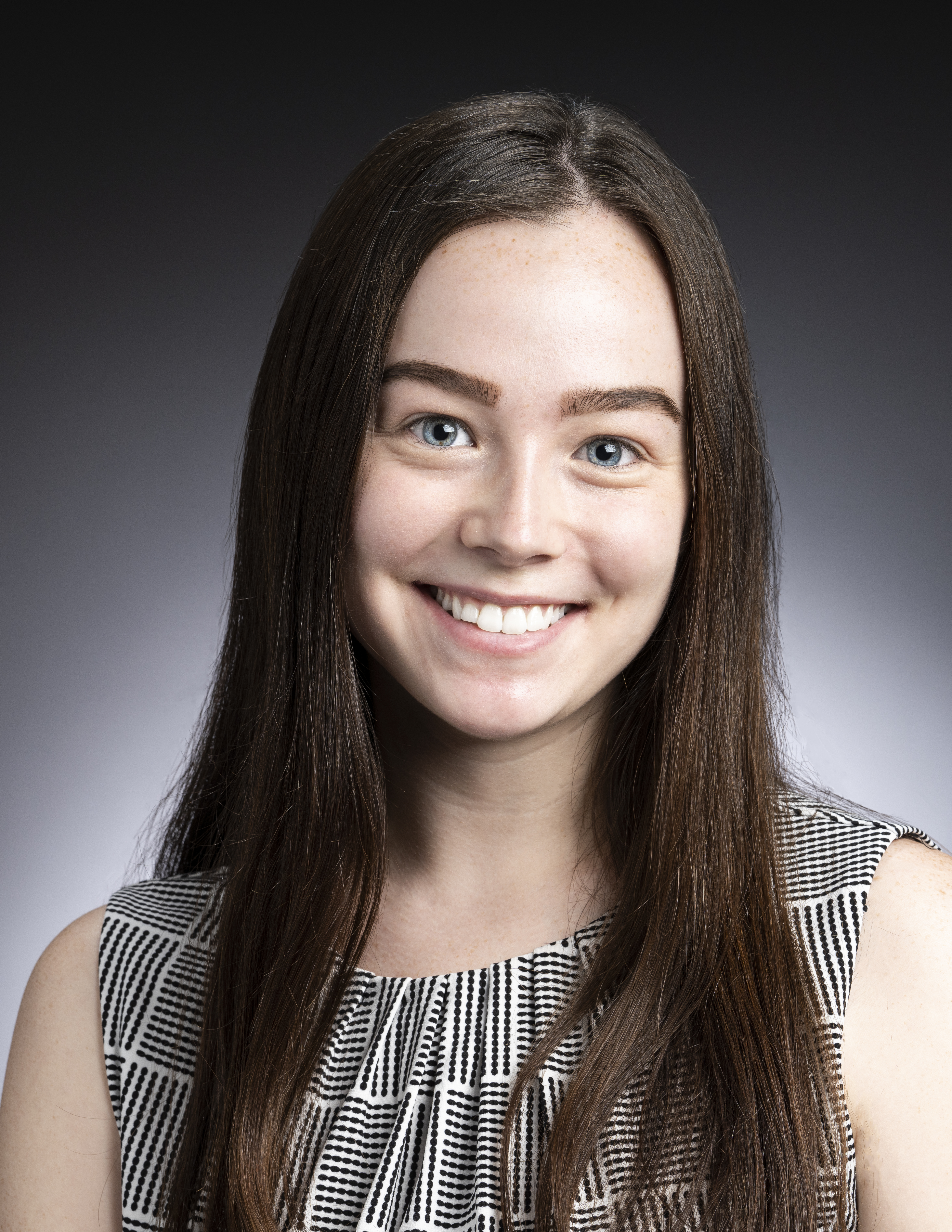
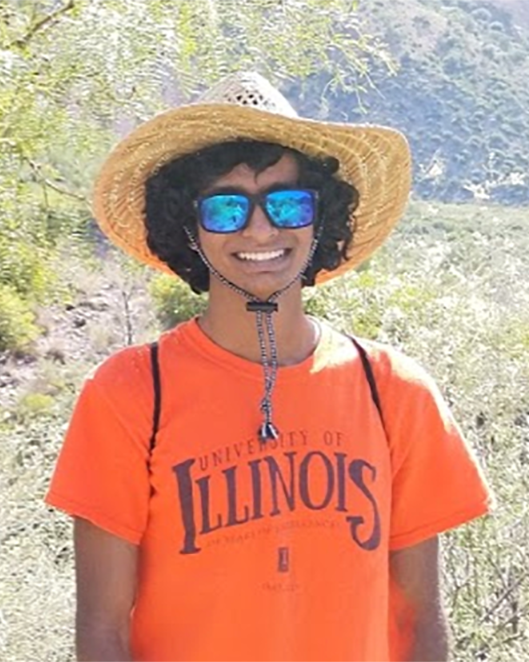
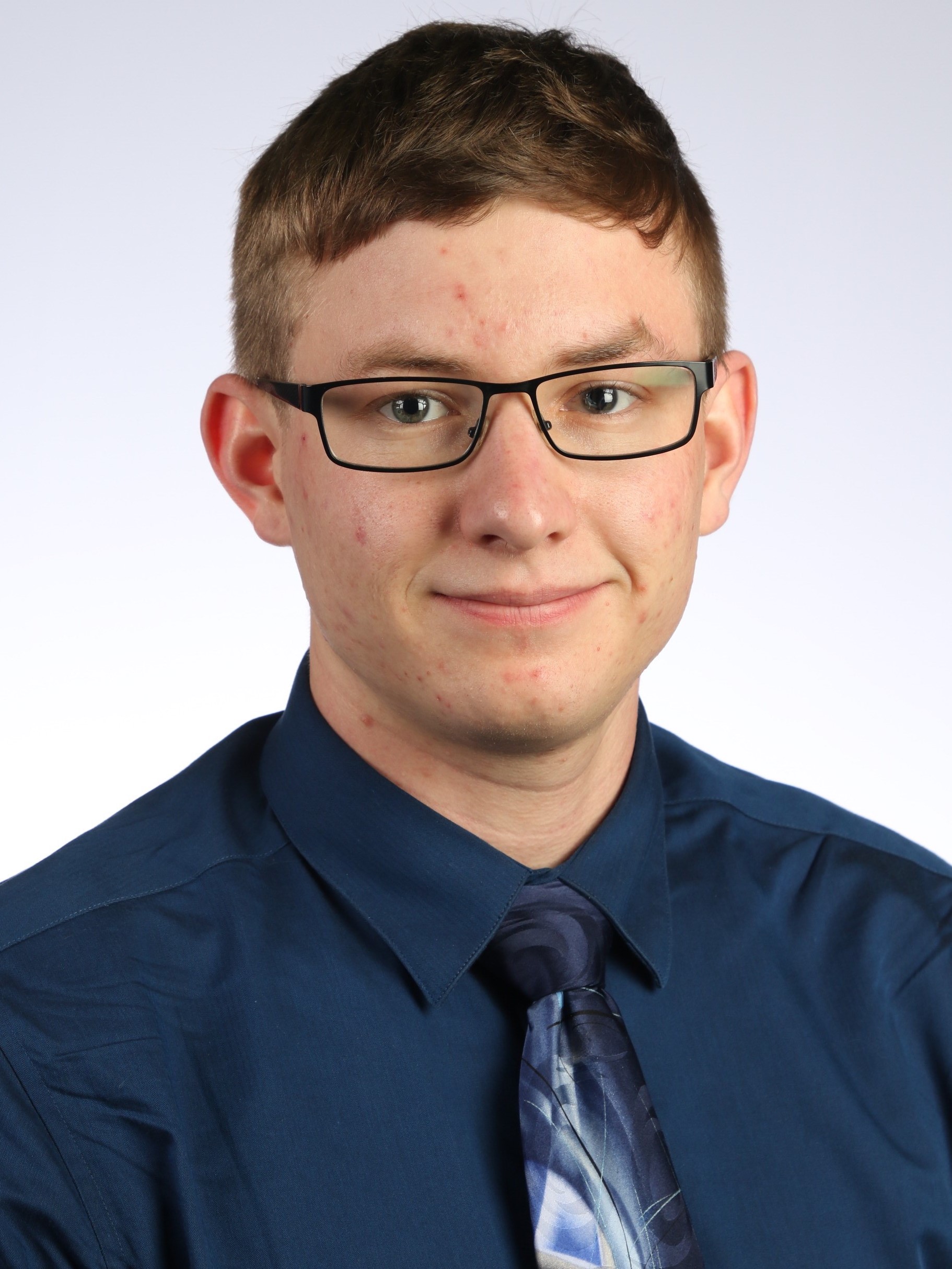
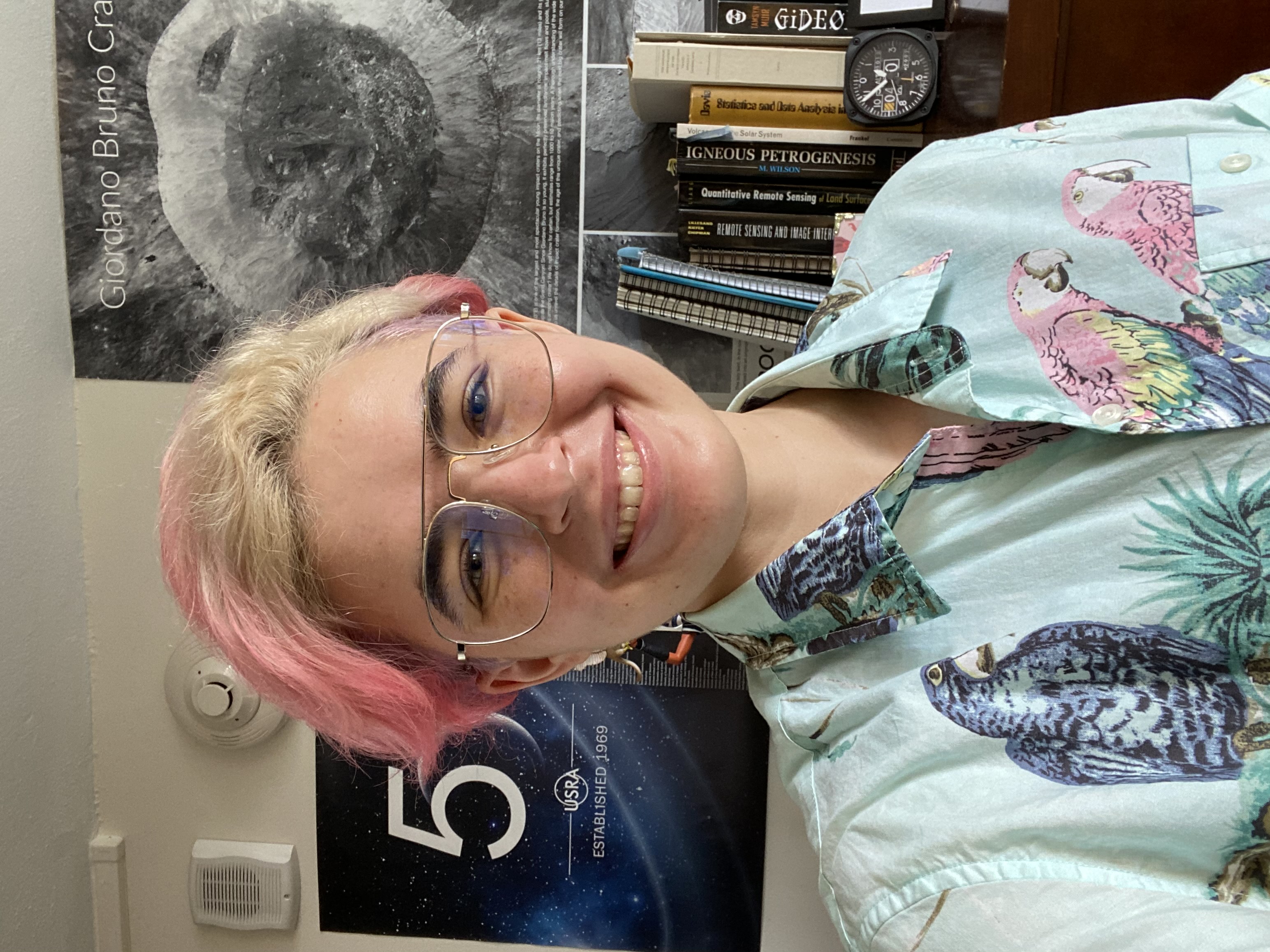
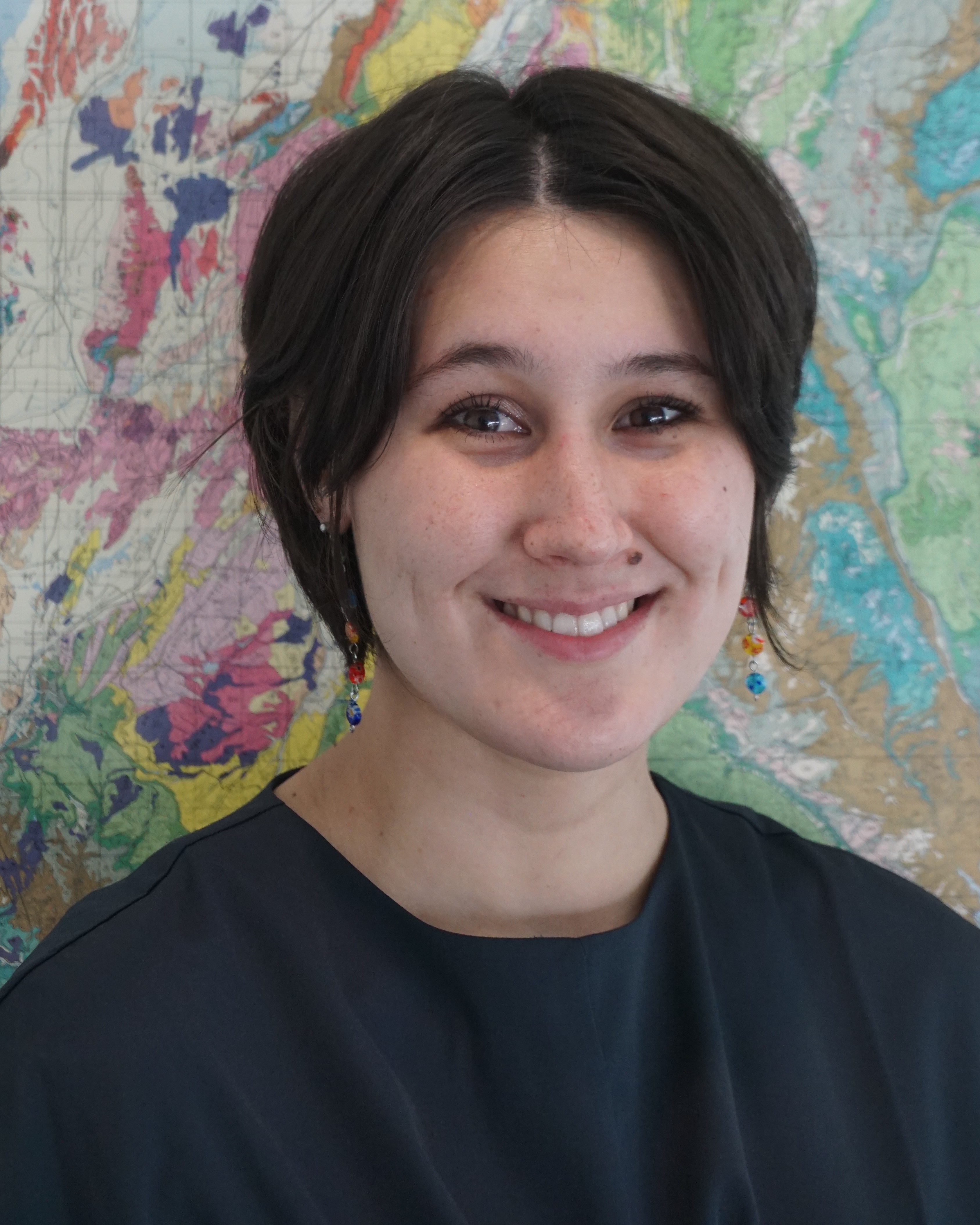
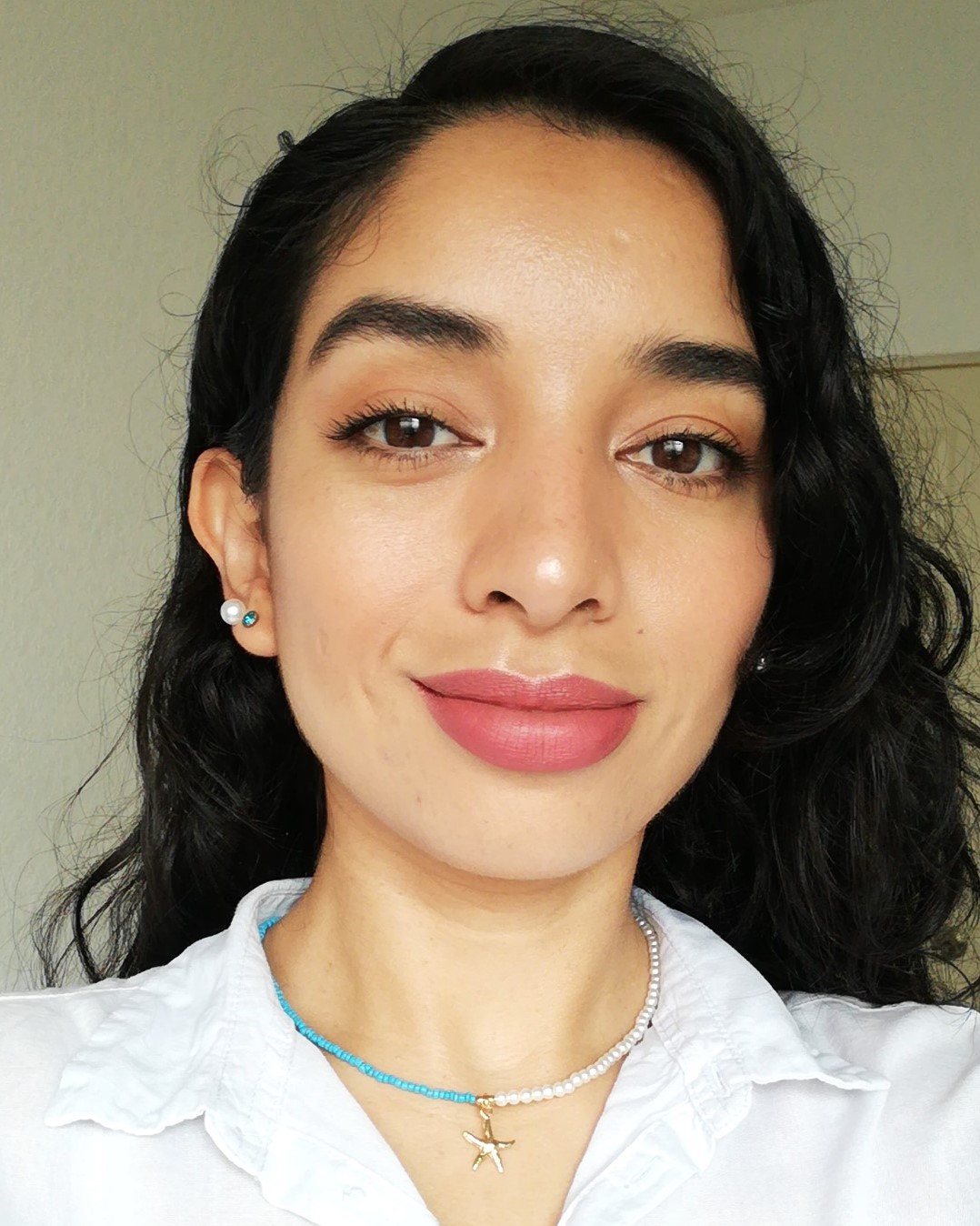
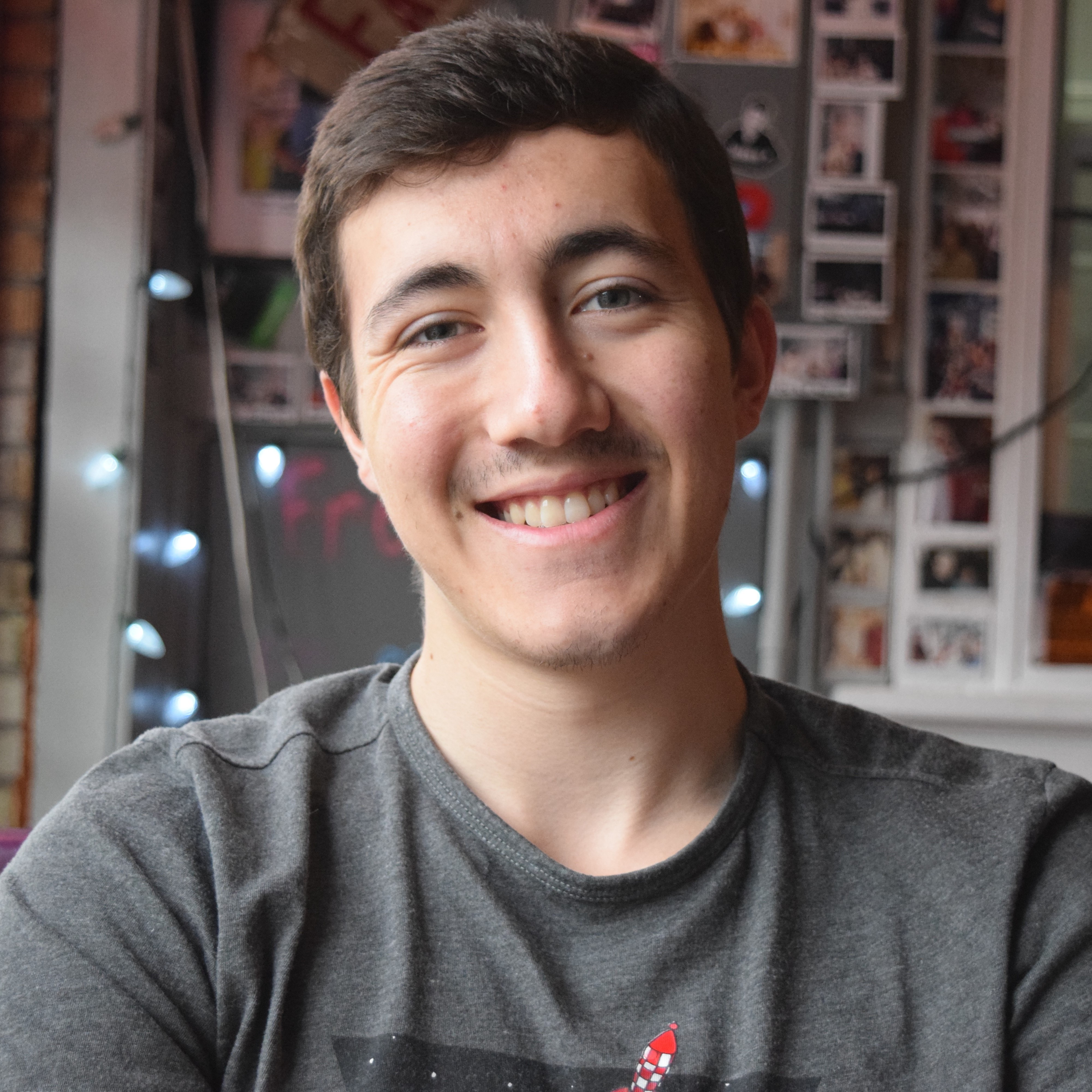







 Michael Daniel is the recipient of the 2021 Carson Fellowship Award, which provides one academic year of support, including salary, tuition, and a supply stipend. Michael is a first-year graduate student at LPL.
Michael Daniel is the recipient of the 2021 Carson Fellowship Award, which provides one academic year of support, including salary, tuition, and a supply stipend. Michael is a first-year graduate student at LPL.
Michael has been interested in science, specifically space and Earth sciences, for as long as he can remember. He has enjoyed learning about science and the natural world through classes and extracurricular learning, especially through reading books on diverse subjects ranging from spaceflight history to paleontology. It's not surprising that planetary science, given its inherent interdisciplinarity, is the field of study that most interests him.
Michael graduated from Whitman College in 2020 with a combined B.A. in physics and astronomy. As an undergrad, he had the opportunity to conduct research during a 10-week REU (Research Experience for Undergraduates) internship at the MIT Haystack Observatory, where he tested code for processing supermassive black hole data from the Event Horizon Telescope. After completing coursework on planetary science topics during his senior year at Whitman, Michael decided to focus on graduate studies in planetary science. At LPL, Michael plans to study planetary surface processes, with a focus on ices in the solar system. He is also interested in studying climate change through the lens of planetary science. Michael’s extracurricular interests include running and reading.
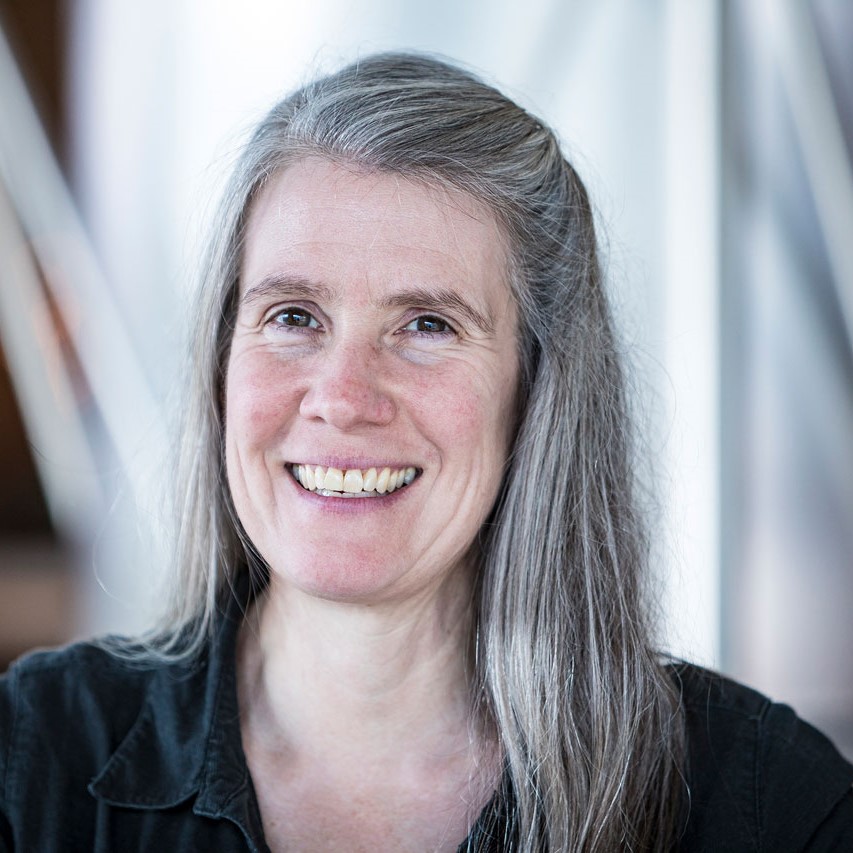 For her outstanding contributions to planetary science, LPL alumna Dr. Elizabeth "Zibi" Turtle was named the 2020-2021 Alumna of the Year for the College of Science by the Arizona Alumni Association. Zibi was recognized at the November 4th, 2021, Alumni of the Year Awards Ceremony.
For her outstanding contributions to planetary science, LPL alumna Dr. Elizabeth "Zibi" Turtle was named the 2020-2021 Alumna of the Year for the College of Science by the Arizona Alumni Association. Zibi was recognized at the November 4th, 2021, Alumni of the Year Awards Ceremony.
Zibi earned her doctorate from LPL in 1998. Her dissertation research combined remote-sensing observations and geophysical modeling of impact craters to understand the cratering process and what craters can tell us about the surfaces and interiors of the planets and moons on which they are formed.
After working on the Galileo, Cassini, and Lunar Reconnaissance Orbiter missions while at UA, she led a team that successfully proposed the Europa Imaging System (known as EIS) for NASA's Europa Clipper mission, which is scheduled to launch in 2024 to explore the habitability of this ice-covered, ocean world moon of Jupiter.
In 2019, NASA selected Dragonfly, led by Zibi as Principal Investigator, as its next New Frontiers mission. Dragonfly, which is scheduled to launch in 2027, is a robotic rotorcraft lander that will spend ~3 years exploring Saturn’s largest moon, Titan. Taking advantage of Titan's low gravity and dense atmosphere, Dragonfly will fly from place to place to make measurements that will help us to understand the chemistry of this organic-rich, ocean world. Titan's chemical processes may be similar to what occurred on the early Earth before life developed here. Dragonfly is the fourth NASA New Frontiers mission and the first led by a woman.
In addition to her project leadership, Zibi has held several important and influential roles in the planetary science community. She has served on the leadership committee for the American Astronomical Society’s Division of Planetary Sciences, the steering committee of NASA’s Outer Planets Assessment Group, and the National Research Council’s Committee on Astrobiology and Planetary Science—the highest-level advisory group for NASA planetary science.
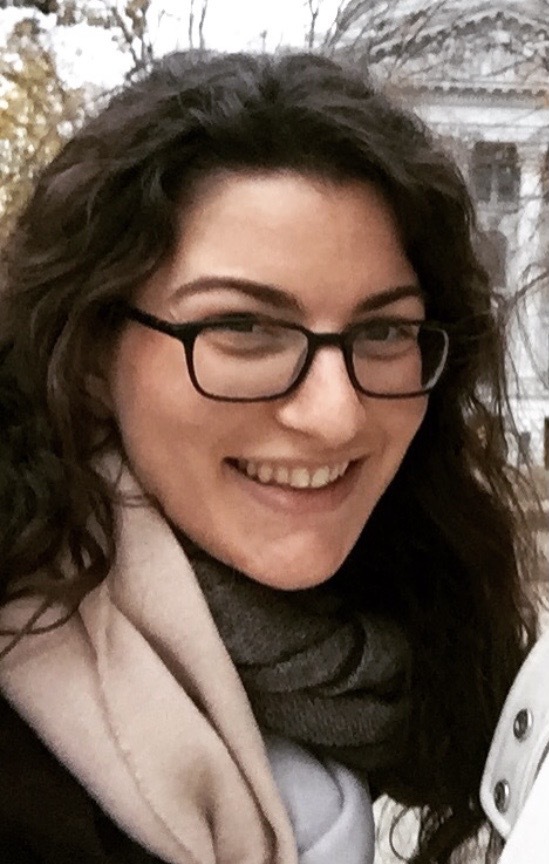
Dr. Emily Lichko is currently a NSF AGS (Division of Atmospheric and Geospace Sciences) Postdoctoral Research Fellow at the University of Arizona, working with Assistant Professor Kristopher Klein on the effects of linear and nonlinear physics on the onset and evolution of microinstabilities in space-relevant plasmas. Dr. Lichko’s research focuses on kinetic plasma physics processes in space and astrophysical plasmas, in particular as they relate to questions of particle heating and nonlinear processes that affect the evolution of collisionless, anisotropic plasmas.
Emily received her B.S. in Physics and Applied Mathematics from the University of Michigan in 2013 and her Ph.D. in 2020 from the University of Wisconsin-Madison, working under the supervision of Professor Jan Egedal. Outside of her research, she enjoys swimming, biking, running, and failing to replicate recipes from the Great British Bake Off.
 Dr. Dominik Hintz joined LPL in May 2021 as a Postdoctoral Research Associate. Together with Professor Travis Barman, he works on stellar atmospheres of the Sun and solar-like low mass stars using the state-of-the-art atmosphere code PHOENIX. The project encompasses improvements of the code in order to gain valuable interpretations of the physics in the atmospheres of these stars when comparing the model spectra to real observations. In particular, the work aims at investigations of ultraviolet radiation of planet-host stars which affect the habitability of exoplanets orbiting them.
Dr. Dominik Hintz joined LPL in May 2021 as a Postdoctoral Research Associate. Together with Professor Travis Barman, he works on stellar atmospheres of the Sun and solar-like low mass stars using the state-of-the-art atmosphere code PHOENIX. The project encompasses improvements of the code in order to gain valuable interpretations of the physics in the atmospheres of these stars when comparing the model spectra to real observations. In particular, the work aims at investigations of ultraviolet radiation of planet-host stars which affect the habitability of exoplanets orbiting them.
Dominik lived in Hamburg, Germany, before moving to Tucson. He earned his B.Sc., M.Sc. and Ph.D. in physics at the University of Hamburg. His Ph.D. research dealt with the investigation of stellar activity among M dwarf stars. This work focused on fitting atmosphere models to observed spectral lines from the visible to the near-infrared wavelength range using high-resolution spectra in order to improve the understanding of stellar activity among low mass stars.
During his free time, Dominik is interested in sports such as soccer, cycling, and football. He also likes to travel and to engage in outdoor activities.